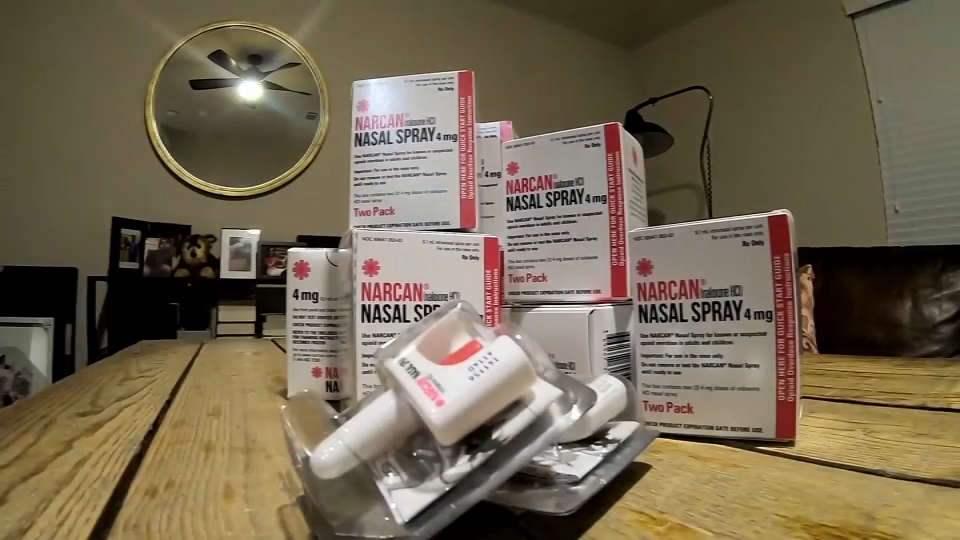
A report from the San Francisco Department of Public Health shows overdose deaths declined in the city in 2021 for the first time in three years, according to a news release from the department.
The report released last week, titled, "Substance Use Trends in San Francisco Through 2021," showed 625 people died from opioid, cocaine, or methamphetamine overdoses in the city.
That marked an 11 percent decline from 2020's numbers. But overdose deaths in 2021 were still 41 percent above 2019's numbers. The health department said in a news release that last year's numbers remain at crisis level.
"The Substance Use Trends report compels us to do more citywide to alleviate the overdose crisis in San Francisco's communities and save more lives," said Director of Health Dr. Grant Colfax. "Our new strategic overdose plan builds on the progress that's been made and pushes our public health response forward by defining our goals and public health strategies that will make the most impact. This also requires a 'whole city' approach to working together to support people who use drugs and lower their risks in every way possible."
Get a weekly recap of the latest San Francisco Bay Area housing news. Sign up for NBC Bay Area’s Housing Deconstructed newsletter.
According to the report, 75 percent of all overdose deaths in 2021 were attributed to fentanyl, which is a powerful, synthetic opioid.
The report also highlighted the racial disparity in overdose deaths. Black San Franciscans faced overdose deaths at a rate that was five times higher than the city total, according to the health department.
The city has developed a four-point strategic plan to try to reduce overdose deaths, which the report noted were concentrated in the Tenderloin and South Market neighborhoods, but also persisted citywide.
The plan involves the deployment of a street overdose response team and an increase of distribution of naloxone, an emergency drug which can help prevent overdose. The city is also seeking to open wellness hubs in certain impacted neighborhoods, with the first scheduled to open later this year, according to the health department.
City officials also made the drug buprenorphine available at more locations, which can help treat addiction, and are seeking to increase the number of beds available in shelters for residents with behavioral health issues.



